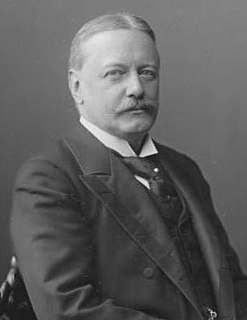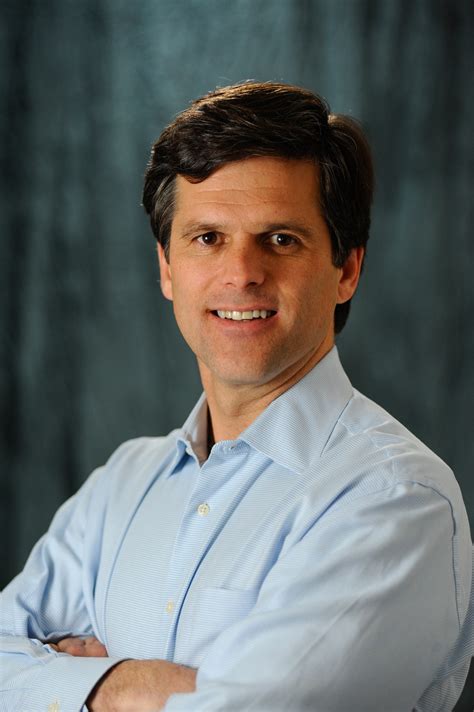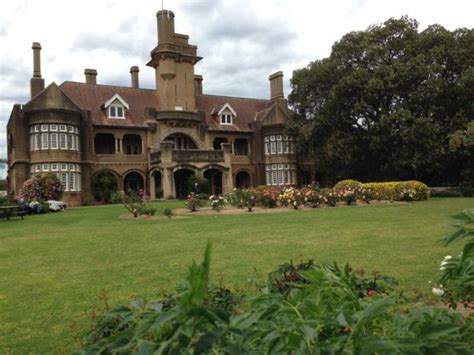Цитата Дэйва Бэрри
Во время учений с бомбами нам, студентам, велели спрятаться под партами. Судя по всему, парты, использовавшиеся в классах в пятидесятые годы, были сделаны из исключительно стойкой к ракетам породы дерева. В годы холодной войны я часто задавался вопросом, почему нашим специалистам по оборонному планированию никогда не приходило в голову защищать всю страну от ядерного нападения, просто прикрывая ее от моря до сияющего моря огромной партой в Стратегическом классе.
Темы цитат
Видимо
Атака
Бомба
Класс
Классы
Холодная
Холодная Война
Прикрытие
Приседание
Оборона
Парты
Учения
Все
пятидесятые годы
Огромная
ракетная
нация
Никогда
не
возникало
ядерное оружие Часто
Наши
планировщики
защищают
Море
Сияние
Просто
Стратегия
Использовали
студенты Разнообразие
Война
Почему
задавались
вопросом
Дерево Годы
Связанные цитаты
«46 лет мы вели всемирную битву против коммунизма». «В то время было бесчисленное количество героев, которые служили в Вооруженных силах нашей страны и сыграли решающую роль в триумфе Америки. Эти мужчины и женщины, которые так многим пожертвовали ради столь многих, заслуживают награждения медалью за службу в период холодной войны в признанных за их верную службу своей стране и неустанную защиту свободы во всем мире».
По сути, эта книга затрагивает загадку экономики: что именно происходит в нашем мире и почему это часто работает так хорошо? Как показывают авторы, кажущиеся беспорядочными системы, такие как неубранные столы, на самом деле демонстрируют высокую степень порядка: стопки бумаги находятся под рукой, и наиболее важные документы стремятся подняться наверх, а ненужные — вниз. ко дну. Если беспорядок работает, зачем с ним возиться?
Не оглядывайся назад, никогда не оглядывайся назад. Как часто люди говорят себе это после исключительно хорошего (или исключительно плохого?) опыта? Часто, я полагаю. А советы обычно остаются без внимания. Люди были созданы, чтобы оглядываться назад; Вот почему у нас на шее есть шарнирное соединение.
Одна хорошая вещь, которую можно сказать о том, чтобы объявить себя писателем в колониальных канадских пятидесятых, это то, что никто не сказал мне, что я не могу этого сделать, потому что я девочка. Они просто сочли это предложение нелепым. Писатели были мертвыми и англичанами или очень пожилыми и американцами; им не было шестнадцати лет и они были канадцами.
Наша жизнь состоит из времени; наши дни измеряются часами, наша зарплата измеряется этими часами, наши знания измеряются годами. В наш напряженный день мы выкраиваем несколько минут, чтобы сделать перерыв на кофе. Мы спешим обратно к своим столам, смотрим на часы, живем по расписанию. И все же ваше время в конце концов истекает, и в глубине души вы задаетесь вопросом, были ли потрачены эти секунды, минуты, часы, дни, недели, месяцы, годы и десятилетия наилучшим образом. Другими словами, если бы вы могли что-то изменить, вы бы это сделали?
































